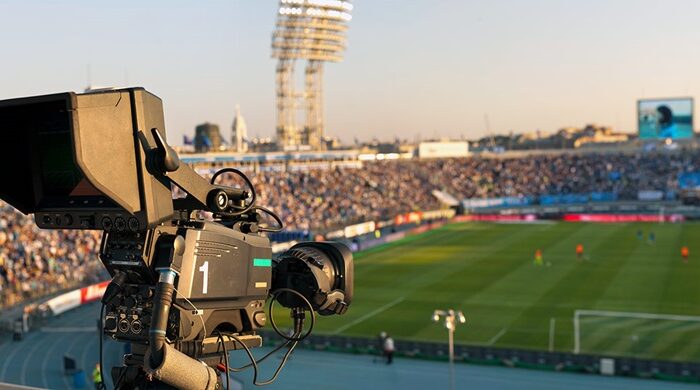Compensated Handguns are gaining market share, or is the juice worth the compression?
Permit holders enjoy slapping nonsense on their handguns. We enjoy tinkering, testing, and upgrading our guns, views, lenses, springs, and, of days, compensators. Compensated handguns are indeed the new bee’s knees, and now we will examine the advantages and disadvantages of a compensated pistol. Also, we will know what does a compensator do?
HANDGUNS WITH COMPENSATION 101
A compensator is a mechanism that connects to your muzzle and guides the gas that’s also leaving it upwards. When you fire a pistol, the gun recoils upwards. The forces exerted by the air being driven upwards by the suppressor drive the pistol down. This reduces muzzle rise and keeps your weapon on aim. Some weapons are manually compensated, which requires processing along with the cylinder and, in the case of an automatic weapon, cutting the slider to allow porting.
THE BENEFITS OF COMPLETED HANDGUNS
The muzzle rise minimization provided by a compensated handgun is one of the most obvious benefits. Less muzzle rise equals more control, and more regulation enables you to pull a gun more precisely and land obey shots more efficiently. You may reduce par rates with adjusted handguns and strike more on aim with finer groupings.
Many compensators also function as muzzle dampers. These have side apertures that aid with recoil and muzzle rise reduction. Compensated handguns make it far easier to use a gun with one hand. When you have to combat a comped pistol with a single touch or even your off-hand, the contrast is night and day. Various target encounters are faster and more efficient, with shots positioned closer in less time.
When You use a pistol with a compensator, the split times are reduced by 25%. And 25% is only the starting point. With much more practice, that figure will rise. It’s also worth noting that the compensators I’m using are geared at concealed carry. I don’t have any competitive market models, which are generally more effective and successful.
Whatever you want to accomplish with a pistol can be accomplished quicker and more effectively with a comp.
DOWNSIDES
When it comes to conceal and carry, putting a compensator to a pistol makes it longer and heavier. The extra distance and weight will vary depending on the competition, and there will be some additional length. Companies such as Parker Mountain Machine do an excellent job lowering comp size, but the weapon will eventually be larger. When it comes to concealing, bigger is normally better.
The propelled gas might be a physical explosion to the shooter. You will get a face filled with gas if you shoot in unusual situations, such as near retention. It’s a slight annoyance, but it’s not difficult to cope with. The difficulty is solved by turning the pistol away from you and tilting the port away. It all comes down to training, as it does with most things involving firearms.
FLASH MUZZLE
Muzzle flash is frequently cited as a concern with compensators. Because the air is being transferred higher, it contains some flash. This frequently leads to the idea that a single bullet in low light kills night vision. There are two issues with this approach.
Could you even establish the object is a danger if the illumination is so low that barrel flash blinds you? Any muzzle flash will be washed out in a well-lit location.
The second point to make is that typical defensive calibers may not have a lot of shine from comps. It’s present, but not in such a way that it kills your vision or blinds you like a flashbang. I’d think a compensated 9mm flashes around the same as a snub nose. 38 Special, which many people utilize without trouble. Larger mag calibers can produce the somewhat bright glare, where most people rate compensated handguns.
IS IT SUITABLE FOR YOU?
In terms of compensated handguns, I am still learning, testing, and discovering what works for each other. So far, I like them and believe they will be a key differentiator. When it pertains to defensive shots, every last little help, and if there is an edge you can take, why don’t you take it?




